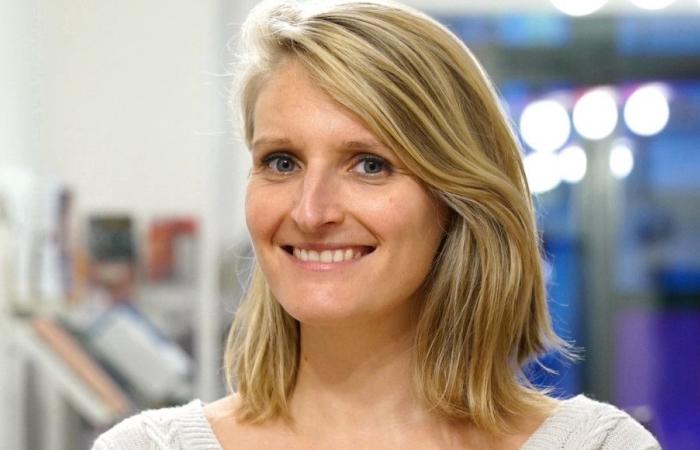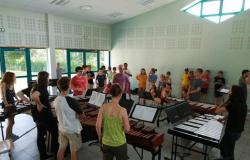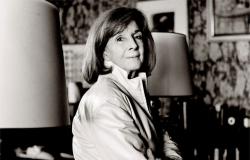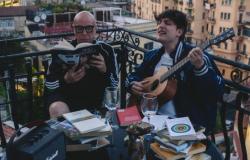Completely free, the Farel Prize offers the opportunity to discover a selection of the best audiovisual productions linked to the religious, ethical and spiritual questions of the moment. This new edition, which will take place at the Cinéma Rex in Neuchâtel from November 15 to 17, will be devoted to the documentary register due to a lack of applications in the fiction category. A state of affairs which fully corresponds to the ambitions of its new director, the journalist Camille Andres, who wants to make it a place of reflection, notably by organizing round tables to better decipher contemporary issues, between wars, ecology and religious excesses. Interview.
You are taking over the management of the Prix Farel after three years of absence. What was the main challenge for you?
It was undoubtedly financial. We had to find partners to fill the budget. With the end of the show “Faut pas rêve” (jointly financed by the RTS and the Roman Catholic and Reformed Churches, editor’s note.)part of it was in fact no longer supported. As we also wanted to reach a new audience, namely younger viewers, we also had to find the means to finance our communication on social networks.
To rejuvenate its audience, the festival also opened up to explainers. What to think of these new formats: doesn’t their brevity raise the question of simplification?
These new formats, born on YouTube, raise a lot of questions. This is why we offer discussions to accompany these screenings. We are not in a position for or against explainers, but we must note the emergence of these new formats, which have taken over all fields: history, religion, science, etc. Faced with their success, even mainstream media like RTS got involved. It therefore seems interesting to us to question the fact that today people adhere more to this type of production than to more traditional formats, such as long documentaries or news broadcasts. The idea, however, is not to pit journalist and YouTuber against each other, but to question this new format.
However, explainers seem to allow a form of democratization of content production. Was this verified in the applications received?
When it comes to explainers, the profiles are very diverse. They are produced by mainstream media as well as independents, historians, researchers and even influencers. The round table “Who can we believe on the Internet?”, scheduled for Saturday afternoon, is intended to be a space for exchange and discussion to try to think together about the way in which we produce, but also consume, information. .
So decryption is one of the challenges of this edition?
As a journalist, I am obviously very attentive to these questions. And I also believe that there is Protestant DNA in this desire to question oneself. At a time when we are inundated with images of all kinds, I believe it is necessary to take a step back from what we swallow in terms of information. We did it with food, it’s time to do it for information.






